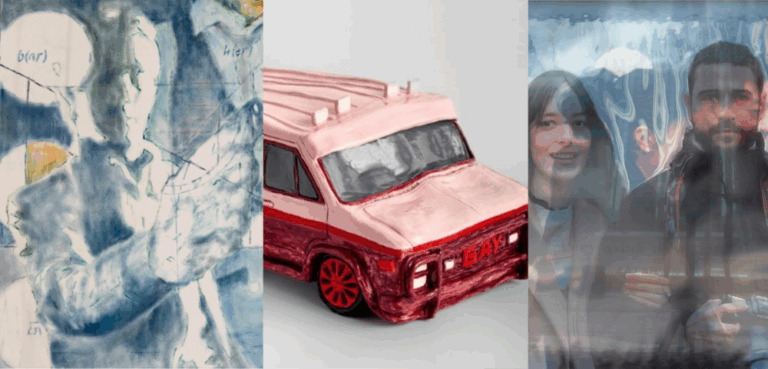
NSW Police Move to Block ‘Anti-Corruption’ Harbour Bridge March in Court
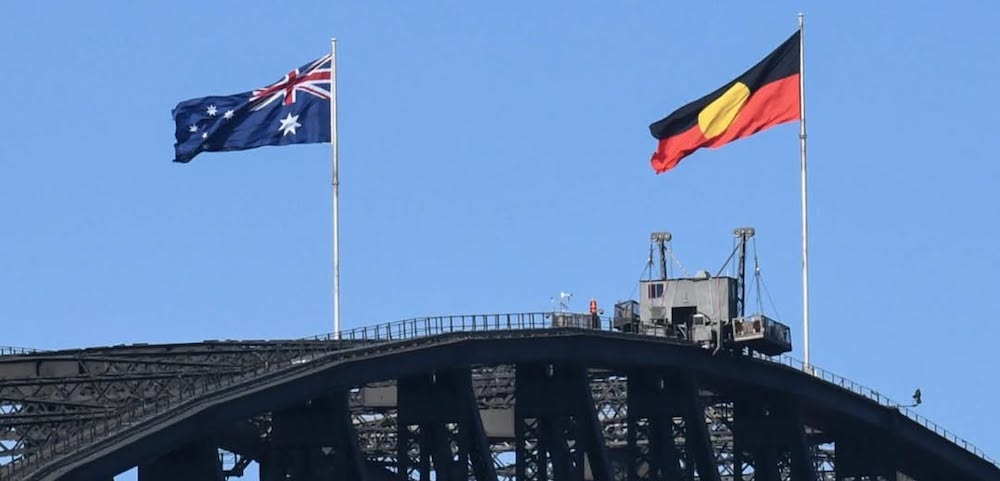
NSW Police have gone to the Supreme Court to stop a planned ‘anti-corruption’ protest march across the Sydney Harbour Bridge next weekend, linked to conspiracy-aligned and sovereign citizen groups.
The case was fast-tracked late last week, with Justice Peter Garling urging a quick resolution so police have maximum time to prepare if the march goes ahead.
According to ABC, organisers plan to march from Milsons Point, next Saturday, before marching across the bridge into the CBD and finish with speeches at Hyde Park—an atypical route through one of Sydney’s busiest corridors.
The march sits under the Australia Unites Against Government Corruption banner, an anti-establishment coalition associated which includes My Place Australia, known for campaigning against vaccine rules and what it calls “radical gender theory” in schools.
Police cite safety risks over far-right linked Harbour Bridge march
Bridge marches are rare and usually mean major traffic shutdowns. The last closure was the historic pro-Palestine march, which police opposed on safety grounds but struggled to manage, with the crowd bottlenecking across the bridge.
Police warn next weekend’s march poses significant safety risks.
Notice of the protest was filed on 27 August. NSW Police invited organisers to meet about the plans the following Friday, but the matter was instead moved to the Supreme Court.
In a statement provided to Pedestrian.TV, NSW Police confirmed it is seeking an order to prohibit the march on 13 September.
“The NSW Police Force recognises and supports the rights of individuals and groups to exercise their rights of free speech and peaceful assembly; however, the first priority for NSW Police is always the safety of the wider community,” the statement said.
Police declined further comment while the dispute is before the court.
Supreme Court to decide if ‘anti-corruption’ marchers risk arrest
If the court grants the order, it won’t technically ban the protest. But participants would lose the legal protections given to authorised assemblies, leaving them exposed to charges such as blocking roads.
At a brief listing on Friday, Justice Garling said the court would sit as long as needed to finalise the case quickly.
“The parties ought be prepared for some flexibility about the way in which this matter will be heard,” he told police lawyers.
No one appeared for organisers. Named respondent Mary-Jane Liddicoat emailed to say she and her lawyer were interstate, asking the registrar to confirm deadlines and to “urgently apologise” to the judge.
The protest has also drawn support from Federal MP Bob Katter, who reposted a call on social media urging people to “reclaim our bridge.”
The Supreme Court showdown begins Monday afternoon and will whether marchers backed by far-right groups go ahead with legal cover, or risk arrest.


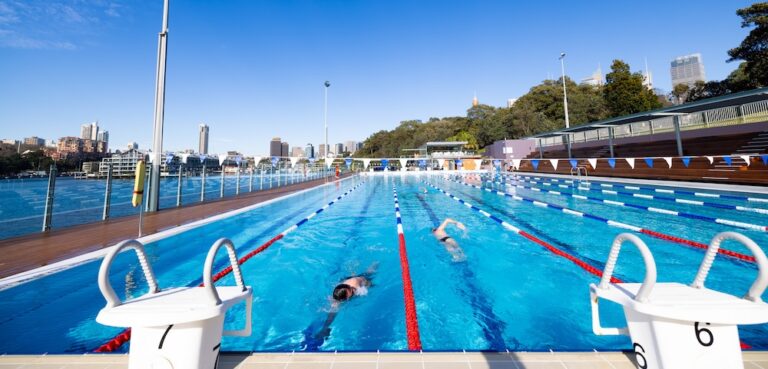
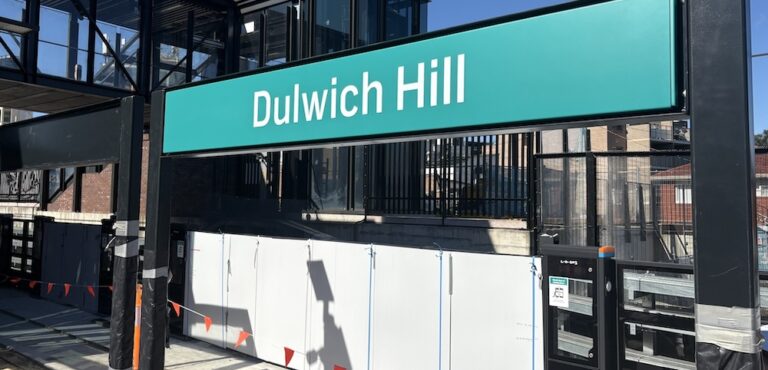
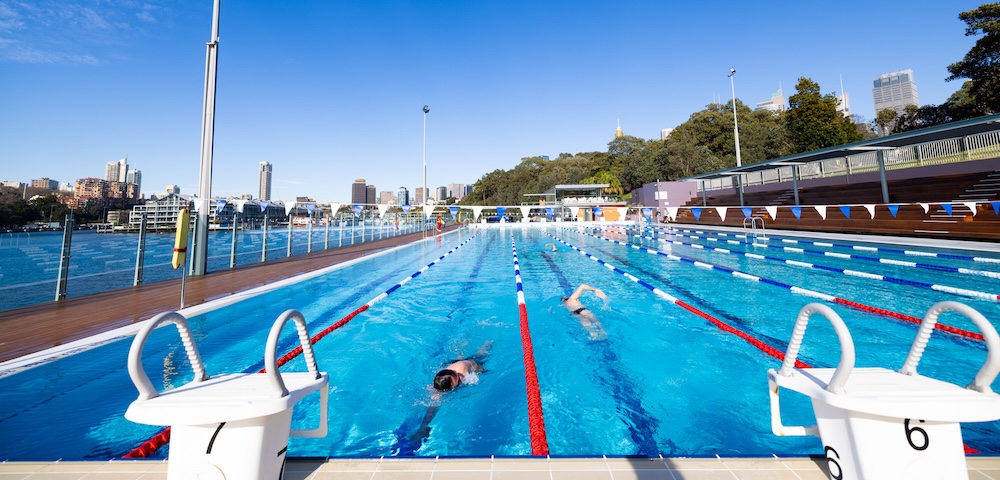
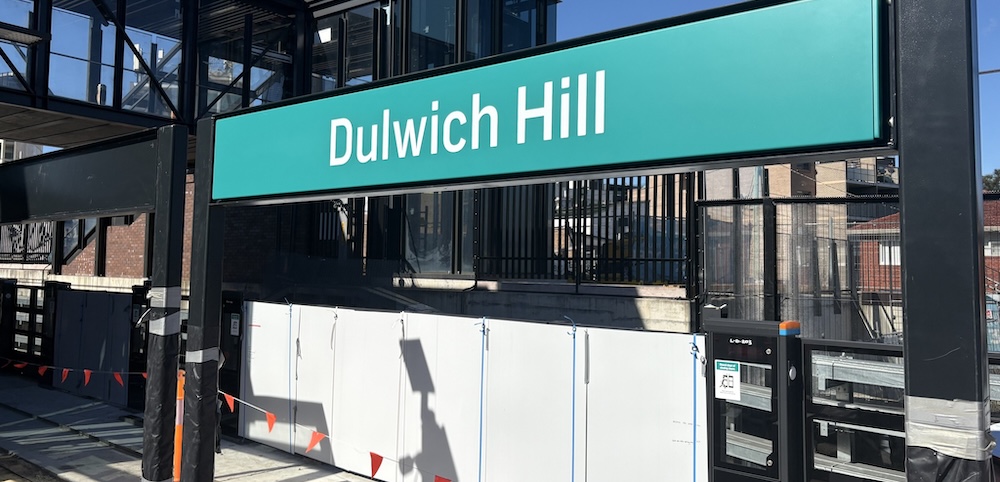
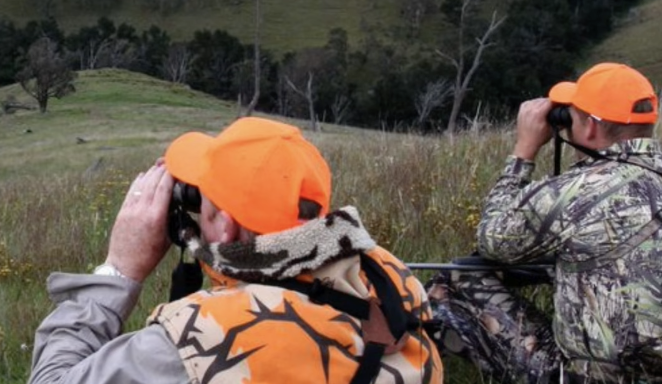
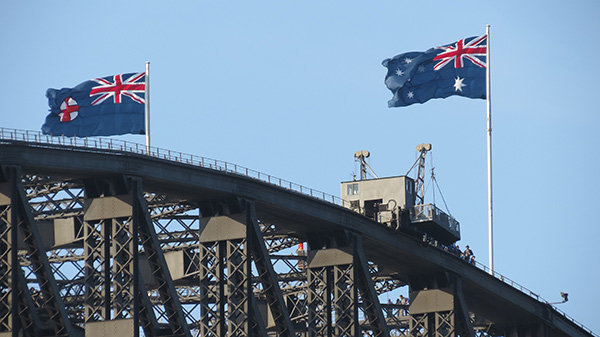
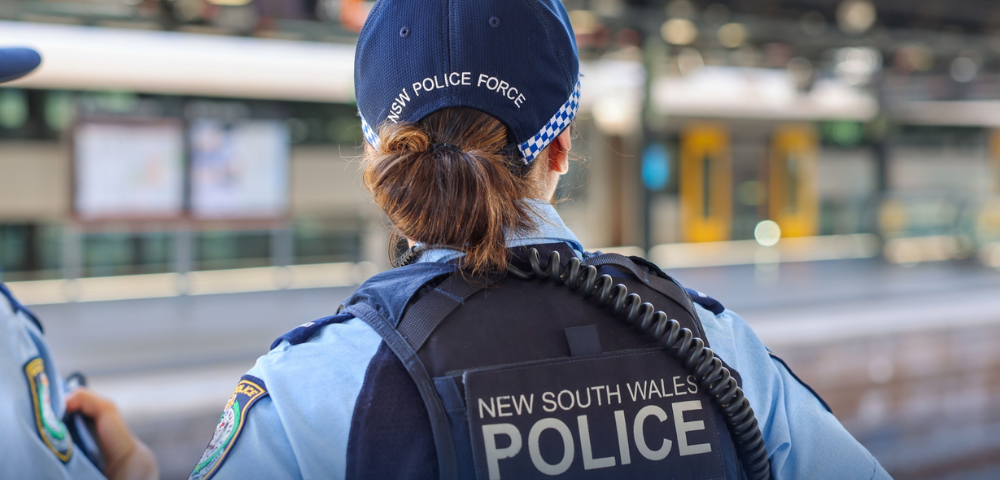
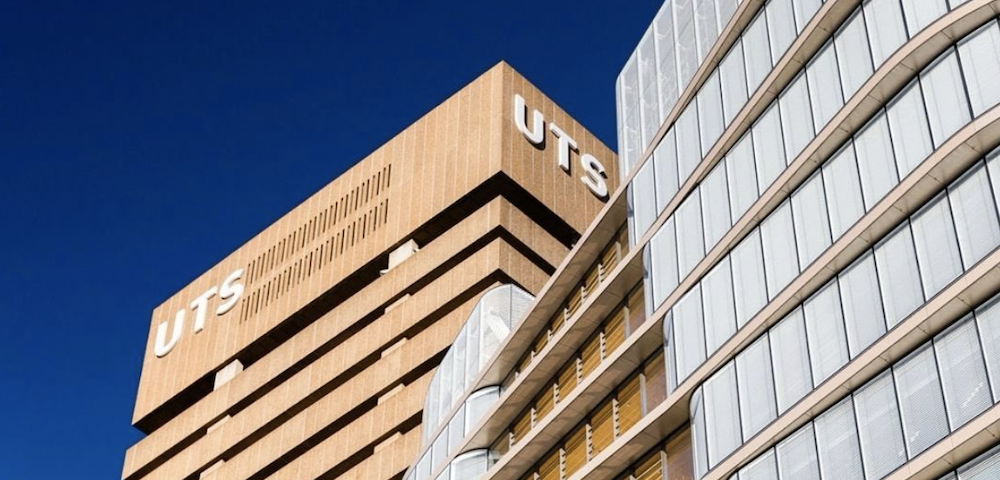
Leave a Reply